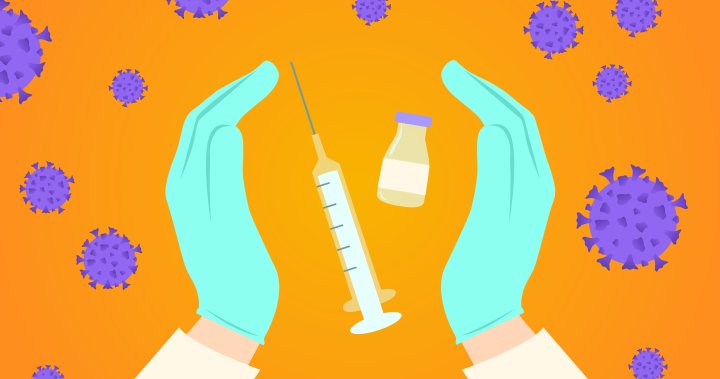
Omicron FAQ: Everything you need to know about the COVID-19 variant
Global News
As the new Omicron COVID-19 variant spreads, Global News breaks down what you need to know -- from Omicron's transmissibility, to how well vaccines work, to its symptoms and more.
For nearly two years, the COVID-19 pandemic has thrown countless curve balls at Canadians and it shows no sign of stopping.
Enter Omicron, a new variant that is spreading quickly, threatening to replace the Delta variant as the dominant strain in several countries.
Many scientists are studying the mutation, seeking to provide answers to the hundreds of questions being asked
Here is what we know about Omicron so far. Much of this could change, and when it does, this post will be updated as needed.
Towards the end of November, COVID-19 infections in South Africa began increasing steeply. While studying the spike, scientists came across a new mutation on Nov. 24.
Shortly after its discovery, South African officials alerted the world to the new variant. Two days after the mutation was found, the World Health Organization designated it a variant of concern, as it had previously with Delta and Alpha, and named it Omicron.
Since its discovery, Omicron has been found in 77 countries, including Canada, WHO Director-General Tedros Adhanom Ghebreyesus told reporters on Tuesday. It is likely to be in more countries, he added.
According to the WHO, Omicron poses a “very high” risk to the world’s fight against the COVID-19 pandemic.

 Run 3 Space | Play Space Running Game
Run 3 Space | Play Space Running Game Traffic Jam 3D | Online Racing Game
Traffic Jam 3D | Online Racing Game Duck Hunt | Play Old Classic Game
Duck Hunt | Play Old Classic Game